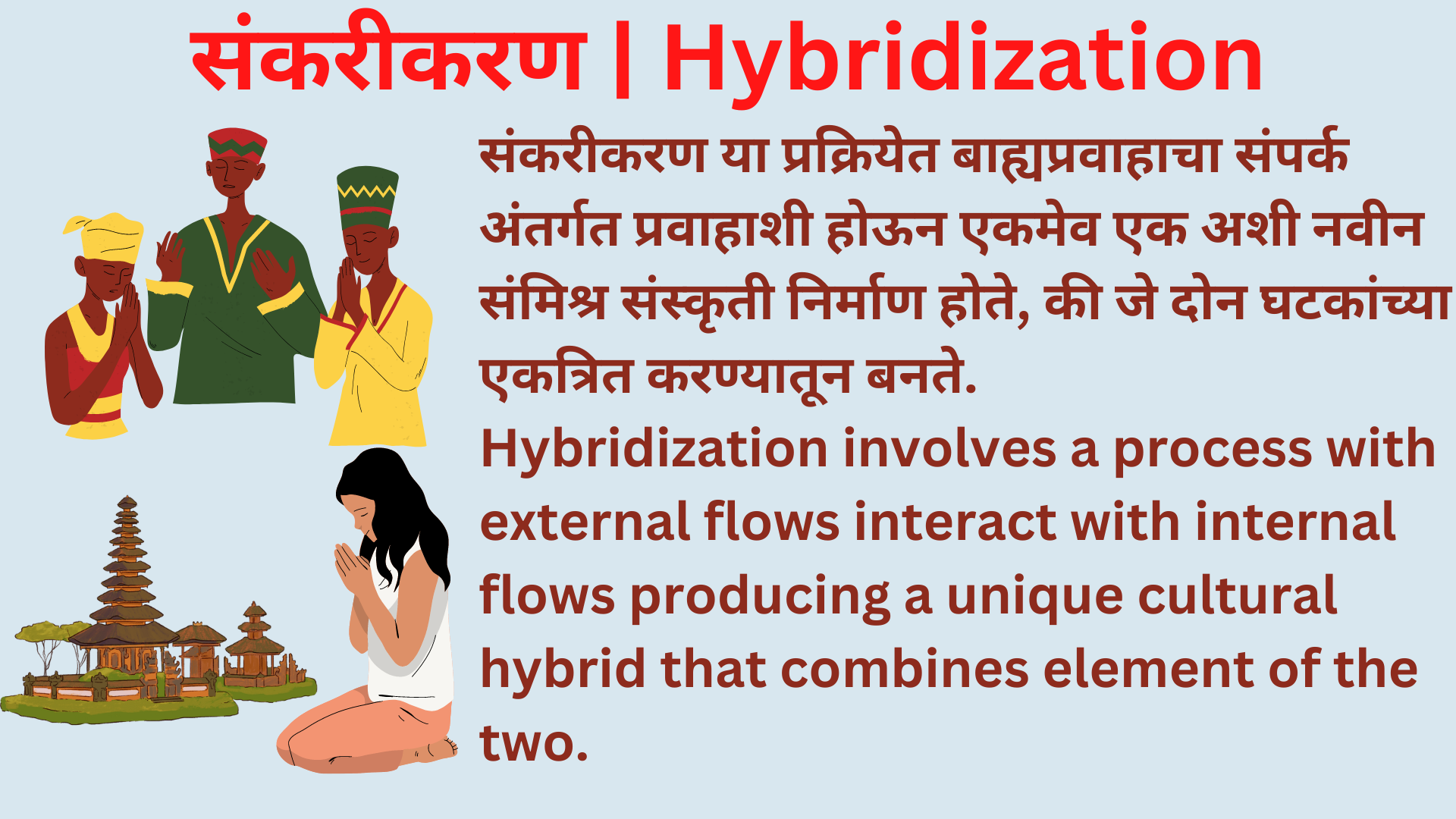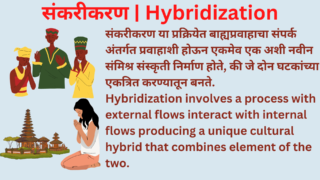
What is Hybridization? | Hybridization
Hybridization refers to the process of creating something new by combining two or more different elements. This term can apply to a variety of fields, including biology, where it describes the creation of a new species by breeding two different ones.

In cultural contexts, hybridization refers to the mixing of different cultures or traditions, resulting in a new and unique cultural form.
The word “hybrid” comes from the Latin word “Hybrida,” and it has been used to describe the creation of new species through breeding for centuries.
In cultural contexts, hybridization occurs when different cultures come into contact and exchange ideas, practices, and traditions. This process can happen naturally, through migration or trade, or deliberately, through intentional efforts to create new cultural forms.
Through hybridization, a new culture emerges from the mixture of the two original cultures. This can lead to the creation of new art forms, cuisines, languages, and other cultural expressions that combine elements of both cultures. The process of cultural hybridization has been happening for centuries and continues to occur today, as people move and interact with one another across borders and cultures.
Due to policies of globalization, liberalization, and privatization, people migrate for employment, education, and business within the country, which can lead to hybridization of cultures.
In the process of cultural hybridization, a new culture emerges from the mixture of the two original cultures.
